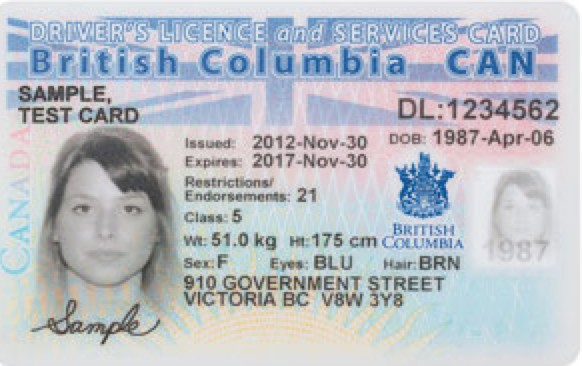So you’re thinking about becoming a mortgage broker. Should you get a mortgage broker license? Most states require a BRITISH COLUMBIA FAKE DRIVING LICENSE for all mortgage brokers. But you will also benefit from a broker license in your career. Read on to learn how you can get a broker’s license, and what the certification entails.
Depending on what state you live in, you will have different requirements for getting your mortgage broker license. Although not all states subject brokers to licensing and regulation, most do. Further, clients often feel more comfortable knowing you have a license and a disclosed history with the state government. The states that require broker licenses do so because licenses protect the consumers. Many clients will research their broker before signing a deal with the broker, and the Internet provides a large supply of information on brokers. On the Internet, you can find lists of brokers who have new licenses, inactivated licenses, and suspended licenses. In order to have your name on the good list, you need to have a state license.
Maybe you already work as a loan officer or as a property agent and even have a real estate license. That means you have great experience; however, you still need to get a broker license if you want to perform the duties of a mortgage broker. These duties include serving as an agent for other people who want to either get or lend a loan. All loans serviced by a broker have to be secured by a lien on real property; in other words, you can’t market unsecured loans. But if you are already HUD-approved, you don’t need to get a broker license because that covers it.
Having a mortgage broker license will tell your clients that you follow high ethical standards set forth by the state. Some common rules for brokers with a license include how to advertise honestly. Advertising requirements include that the ad must show the broker has run the ad – an easy way to do this is by putting your license number in the ad. Broker license requirements prohibit false, misleading, or deceptive ads, so you also have to specify the conditions and requirements on the advertised loans and products. Other common rules involve the fees you charge clients. You have to indicate all the fees in the agreement, and the total should not exceed 10 percent of the cost of the loan. These rules follow the provisions of law dealing with conscience and ethics, and they try to guide you as a broker, as well as ensure your clients of your legitimacy.
All states have different specific requirements for getting a mortgage broker license. Most states require a minimum amount of experience and education, such as either a B.S. in finance or a related field, plus 18 months work experience; or three years experiences in the mortgage lending field as a full-time loan officer with a mortgage broker. Some states require an examination, as well. As a broker, you have to have a physical office in the state, with the address of the office on your license certificate. This physical office requirement allows people to take part in something called netbranching. In netbranching, if you don’t meet the minimum experience requirements, you can serve as an in-state office for an out-of-state broker who needs to meet the physical office requirement.
Other requirements might include having a surety bond of, for example, $50,000, which you can get for around $300. Most states require you to renew your broker license every two years, and sometimes you have to take a few hours of continuing professional education to renew your license, as well. When you apply for a mortgage broker license, it usually takes about two to four weeks to get your license. A mortgage broker license will help your customers feel secure about getting a loan through you, and will therefore help your business. Especially when interest rates change rapidly, brokers can get a lot of business.
